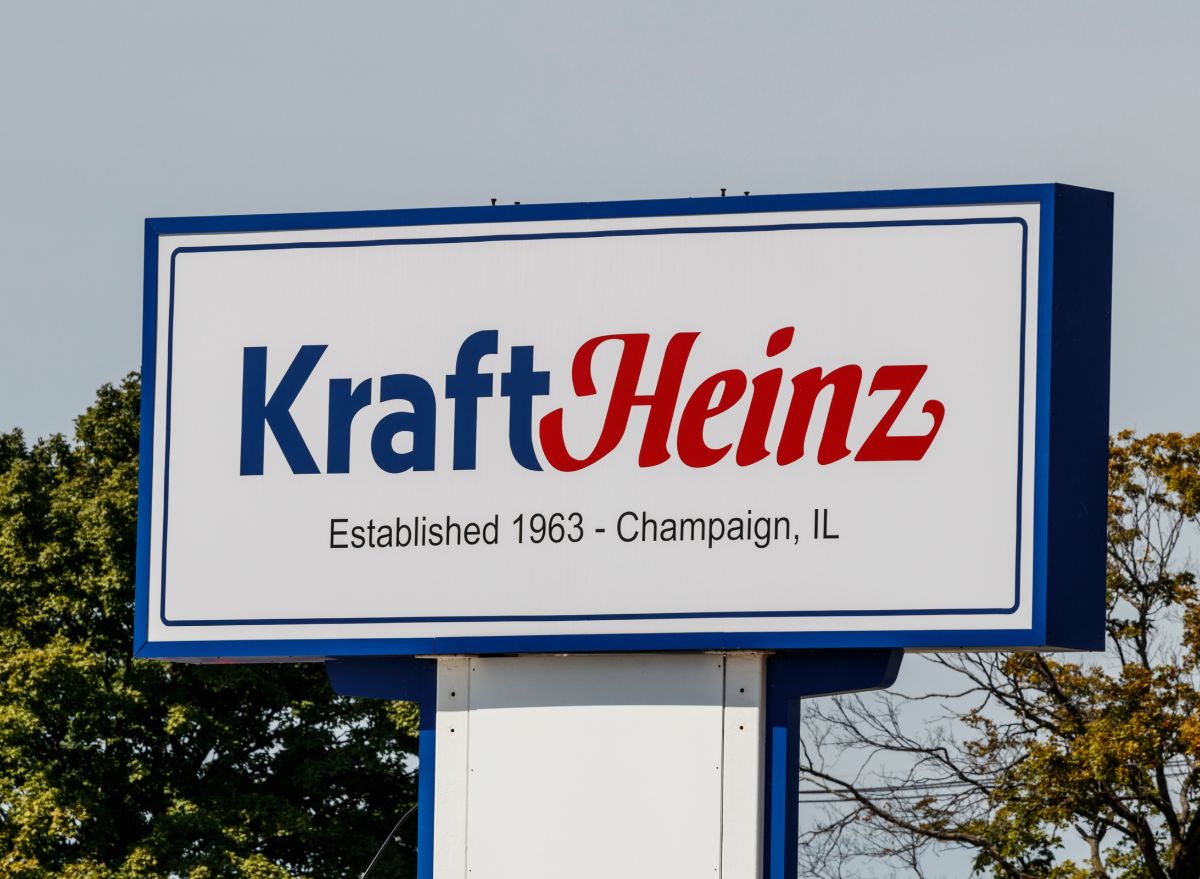Kraft Heinz Is the Worst Major Food Company When It Comes To Health, New Study Shows

Update, March 10: A previous version of this article incorrectly stated that Mexico, Australia, and France were Kraft Heinz’s biggest markets. It has been corrected to name the United States as the company’s biggest market instead.
Kraft Heinz is behind some of the most popular and recognizable brands in your local supermarket, such as Oscar Mayer, Jell-O, and Lunchables. But for any health-conscious consumers, a new survey may have you thinking twice before you reach for a Kraft Heinz product during your next grocery run.
A recent analysis from the global health group World Action on Salt, Sugar & Health (WASSH) looked at five global food producers and found that Kraft Heinz had the highest proportion of “unhealthy” food and drink items.
For the survey, WASSH considered a total of 2,346 products from Kraft Heinz, Danone, Kellogg’s, Nestlé, and Unilever. The study only considered products in the Australia, France, and Mexico markets, though for Kraft Heinz, the U.S. market makes up the vast majority of its business. The study then used three government-endorsed standards on what constitutes healthier food and drink to determine whether each product could be considered healthy. This unearthed some telling findings about the food companies and the products they offer.
Across all three markets, WASSH found that 82% of the Kraft Heinz products it analyzed would be classified as “unhealthy” under those government-endorsed standards. The proportion was even higher in the Mexico and France markets, where 100% and 93% were deemed unhealthy, respectively. The outlook from the Australia market was slightly better, with 61% of the country’s products classified as unhealthy.
Though Kraft Heinz ended up having the highest proportion of unhealthy products, most of the others did not fare much better. A majority of the Kellogg’s, Nestlé, and Unilever products considered in the survey were deemed as unhealthy across all three markets. Only Danone saw a minority of its products—just 35%—classified as unhealthy across all markets.
WASSH believes that these major producers, excluding Danone, rely too heavily on sales of unhealthy foods and called for government intervention to help protect the health of consumers.
“Improving the nutritional content of food and drink by reformulating recipes with less salt, sugar and saturated fat is by far the most important strategy that any company should make to improve public health,” Mhairi Brown, policy and public affairs lead with WASSH, said in a statement. “However, by relying solely on industry’s willingness and without government enforcement, we are unlikely to see a meaningful shift. We need to see government leadership across the sector, with strict measures to include mandatory targets for reformulation.”
Responding to the WASSH survey, Kraft Heinz asserted that it is committed to its consumers’ well-being and is already making strides with their health and nutrition in mind.
“We believe the findings of the recent WASSH study misrepresent the efforts we are making,” Andrea Budelli, global ESG officer for Kraft Heinz, said in a statement. “Our diverse portfolio of products is designed to fit into any dietary pattern, while providing a variety of choices that meet different lifestyle needs and preferences. With health and nutrition in mind, we set several related goals, including achieving salt and sugar reduction targets – namely, reducing sugar in our products by more than 60 million pounds globally by 2025.”
Budelli added that Kraft Heinz is “constantly working” to improve nutrition in its food items by investing in technology, product innovation, and sustainable sourcing, as well as partnering with its nutrition science team and academics. Additionally, Kraft Heinz is “always looking for partners to help us and the industry evolve, including participating in discussions around the development of a government-endorsed model that incentivizes the reformulation of products to enhance the impact on public health,” Budelli said.